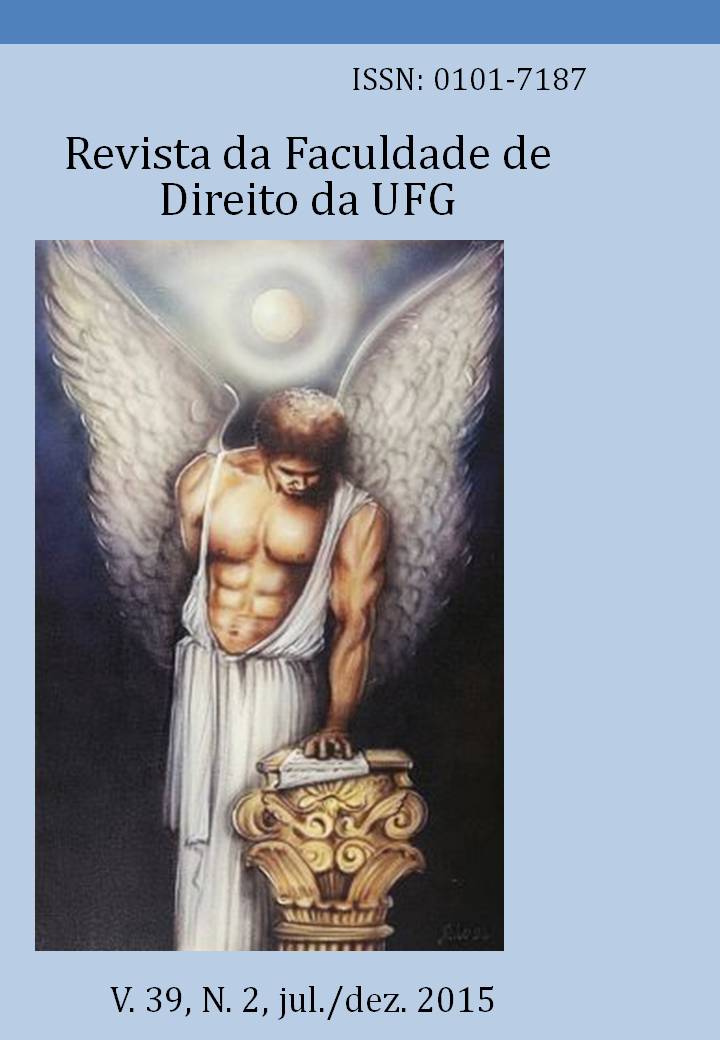A IRREFLEXÃO E A BANALIDADE DO MAL, DO PENSAMENTO DE HANNAH ARENDT, REFLETIDOS NO EXERCÍCIO DO PODER JUDICANTE - DOI: http://dx.doi.org/10.5216/rfd.v39i2.34602
DOI:
https://doi.org/10.5216/rfd.v39i2.34602Keywords:
Banalidade do mal. Irreflexão. Poder judicante. Ética.Abstract
RESUMO:
O presente artigo tem por escopo analisar o exercício do Poder Judicante a partir da conceituação de Hannah Arendt sobre a irreflexão e a consequente banalidade do mal. Com efeito, pretende-se, por meio deste estudo, fazer um comparativo entre as observações Arendtianas sobre a forma irracional de simplesmente obedecer ordens e seguir um código de ética pré-determinado, sem refletir sobre a conduta tomada, levando-se à banalidade do mal descrita pela filósofa quando do julgamento de Eichmann, com as decisões proferidas pelos magistrados em geral, que muitas vezes, para aplicarem rigorosamente a lei ao caso concreto, deixam de compreender as reais necessidade das partes e os motivos que as levaram a procurar o Poder Judiciário, e não contribuem para a obtenção de Justiça, na mais escorreita acepção da palavra.
ABSTRACT:
The scope of this article is to analyze the exercise of adjudicative power from the conceptualization of Hannah Arendt on the thoughtlessness and consequent banality of evil. Indeed, it is intended, through this study, to make a comparison between the observations Arendtian on how irrational simply obey orders and follow a code of ethics predetermined, without reflecting on the outlet duct, leading to the trivialization of poorly described by the philosopher when the Eichmann trial, with decisions handed down by judges in general, often to rigorously apply the law to this case, fail to understand the real needs of the parties and the reasons that led them to seek the Judiciary and do not contribute to the attainment of justice, in more ordinary sense of the word.
Downloads
Downloads
Published
How to Cite
Issue
Section
License
Os Autores que publicam nesta revista concedem à Revista da Faculdade de Direito da UFG uma licença mundial, sem royalties, sujeita aos termos e condições da Licença Jurídica Creative Commons Atribuição 3.0 Brasil Creative Commons Attribution License
Os autores concedem à RFD UFG todos os direitos autorais sobre os artigos nela publicados, que os mantêm com exclusividade até o advento de domínio público sobre os mesmos.
























